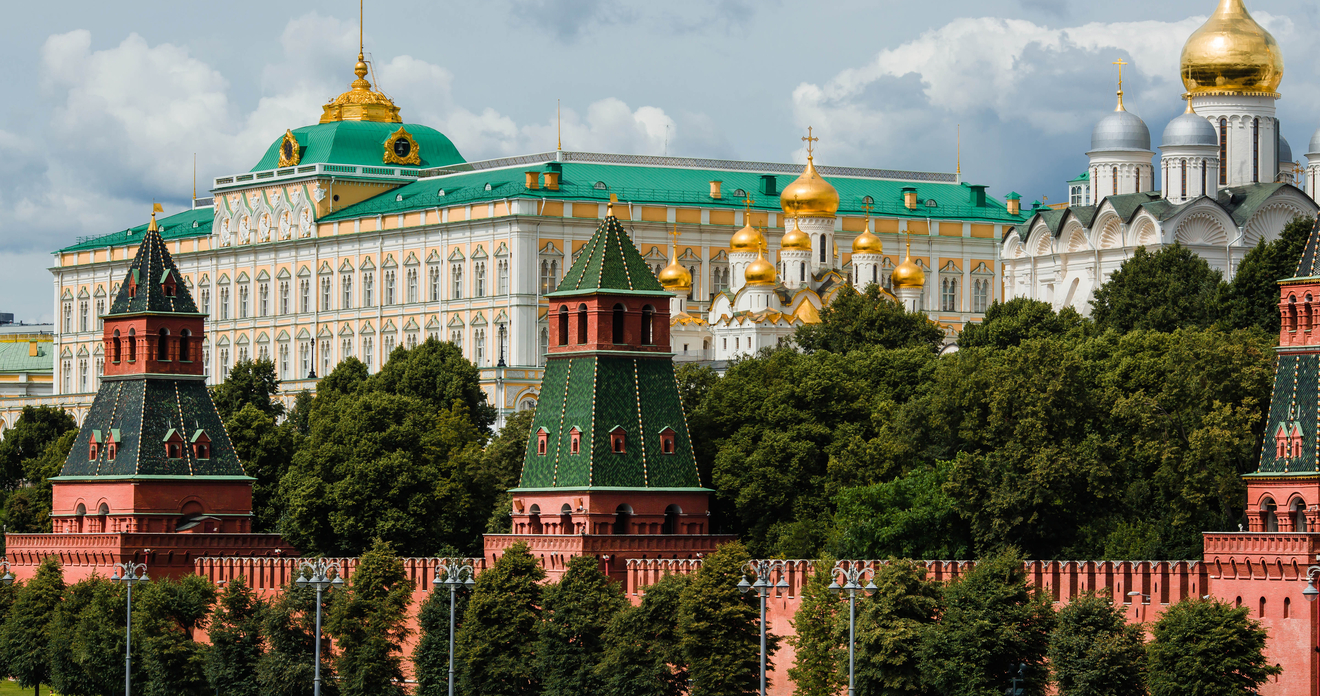New Russian sanctions – the implications for financial institutions

Updated - 18.03.2022
As has been widely reported in the news, the UK has announced new financial sanctions against Russia, in response to its military offensive against Ukraine. Governments in the US and the EU have done likewise.
These new UK sanctions principally consist of asset freezes against Russian banks, prominent Russian businessmen and officials. The UK Government has also announced a ban on exports to Russia of high-end luxury good, coupled with additional import tariffs on other goods.
Whilst Russia has attempted to “sanction-proof” itself over the last few years (for example, by banning senior officials from holding overseas assets, hoarding surplus oil and gas revenues in a “National Wealth Fund”, and amassing gold and foreign exchange reserves, with limited dollar exposure), Russian sanctions will still have significant implications for Russia, and also for financial institutions around the world.
Financial institutions, in the UK and abroad, remain alert to the evolving situation in Russia, and the new financial sanctions being imposed. Many of the growing concerns for those financial institutions include: What to do regarding their customers, and wider business, in the region? Whether they should continue with their business in Russia? What to do (if anything) with existing customer funds? Whether to act on customer instructions? Whether there are any reporting obligations in the UK? And what are the sanctions for breach?
The position within the UK
In the UK, the Foreign, Commonwealth and Development Office (FCDO) is responsible for determining the UK's international policy on sanctions, and the UK financial sanctions regime is implemented and administered by the Office of Financial Sanctions Implementation (OFSI), which is a part of HM Treasury.
UK sanctions in respect of Russia are not new. Following Brexit, the Russia (Sanctions) (EU Exit) Regulations 2019 (“the Regulations”) imposed financial, trade, transport and immigration sanctions to encourage Russia to cease actions which destabilise Ukraine.
From a UK perspective, understanding the Regulations and the sanctions lists maintained by the FCDO and OFSI (including any new regulations or amendments) will be key to establishing the risks posed to a UK financial institution by a particular Russian customer (or customers), and what the financial institution should be doing next. This might include (amongst other things) freezing customer funds, and/or reporting to UK regulators such as OFSI, and the FCA.
In addition to the financial sanctions regime, UK financial institutions will also need to be aware of their obligations under the UK’s CTF and AML regimes, which may include reporting suspicions of terrorist financing or money laundering to the NCA under the Terrorism Act 2000 (TACT) and/or the Proceeds of Crime Act 2002 (POCA), respectively.
The position outside the UK
The current UK sanctions on Russia apply to the whole of the UK, but also to conduct by UK persons (both nationals and corporate bodies) outside the UK.
Financial institutions outside the UK will require advice on the implications of the UK sanctions regime (including any reporting obligations within the UK jurisdiction) if for example they have UK branches, UK nationals as employees, conduct business in the UK and/or conduct business in GDP.
The UK sanctions regime is autonomous, and should therefore be considered separate and apart to sanctions regimes in the US and EU, which impose additional restrictions and obligations.
RWK Goodman has substantial expertise advising in relation to the UK sanctions regime and wider regulatory compliance. Should you require advice then please do get in touch, and we will be happy to assist.
Jack Pestill is a Senior Associate Solicitor in our City of London Office, and a specialist in sanctions compliance and cross-border issues.
Jack Pestill is a Senior Associate Solicitor in our City of London Office, and a specialist in sanctions compliance and cross-border issues.
Contact Jack